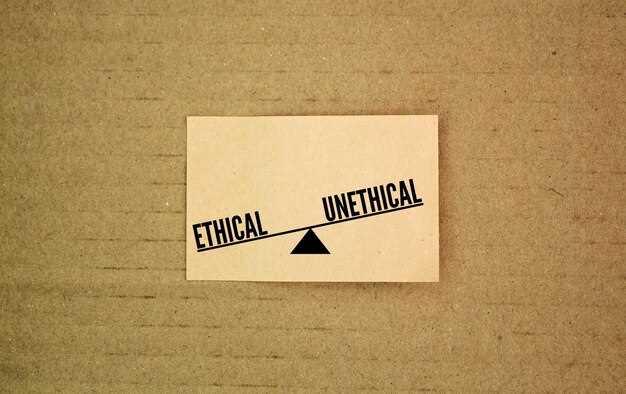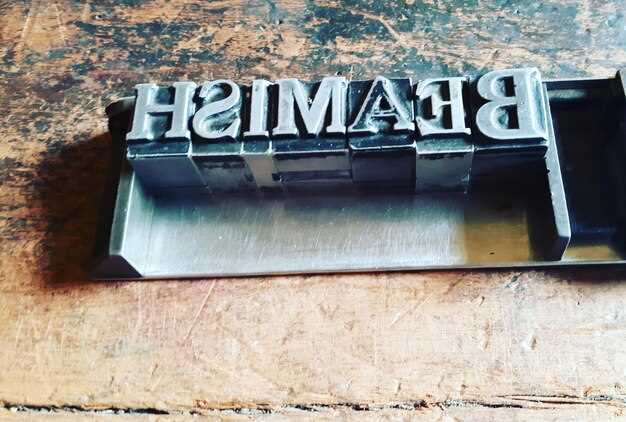
When it comes to buying a used vehicle, understanding the implications of a salvage title is crucial. Unfortunately, many potential buyers are influenced by long-standing misconceptions that can cloud their judgment and lead to uninformed decisions. A salvage title indicates that a vehicle has been deemed a total loss by an insurance company due to damage or theft, but the nuances behind this declaration often remain misunderstood.
One common myth is that all vehicles with salvage titles are unsafe or unrepairable. In reality, many cars can be restored to full functionality, offering safe and reliable transportation options. Additionally, some buyers mistakenly believe that a salvage title significantly decreases a vehicle’s value, when in fact, prices can vary greatly depending on the quality of the repairs and the make and model of the vehicle.
By addressing these misconceptions directly, we aim to provide clarity on what a salvage title truly represents. Understanding the facts can empower buyers to make informed choices that align with their needs, enabling them to confidently navigate the used car market.
Understanding the Value of a Salvage Title Vehicle

The value of a salvage title vehicle is often shrouded in misconceptions and misunderstandings. Many potential buyers perceive these vehicles as being significantly less valuable, primarily due to their history of damage, whether from accidents, floods, or other incidents. However, the reality can be quite different, and understanding these facts is crucial for anyone considering a purchase.
First and foremost, it’s important to recognize that the salvage title indicates a vehicle has been deemed a total loss by an insurance company. This does not inherently mean the car is unusable; in fact, many salvage title vehicles are repaired and can function just as well as their non-salvaged counterparts. The key lies in the quality of repairs and the overall condition of the vehicle post-restoration.
Another common misconception is that salvage title vehicles are worthless. While they do carry a lower resale value compared to clean title vehicles, this does not mean they lack value altogether. In many cases, these cars can provide excellent savings, especially if the buyer is willing to invest in necessary repairs. Moreover, when reselling a salvage title vehicle, buyers should note that some enthusiasts and mechanics actively seek out these vehicles for project restorations, further mitigating the stigma and enhancing potential profit.
Lastly, potential buyers should be aware that the value of a salvage title vehicle can depend significantly on market demand and regional factors. Certain vehicles may retain more value based on brand popularity or the availability of parts. Conducting thorough research and obtaining a professional inspection can provide clarity on the true worth of a salvage title vehicle, steering clear of common myths and aligning expectations with reality.
Insurance Implications for Salvage Title Owners

When it comes to owning a vehicle with a salvage title, many individuals encounter various misconceptions related to insurance coverage. Understanding the facts surrounding these implications is crucial for potential buyers and current owners alike.
One common misconception is that salvage title vehicles cannot be insured at all. In reality, most major insurance companies do provide options for insuring salvage vehicles, but the coverage may differ significantly from that of a standard title vehicle. Owners should expect limited options regarding comprehensive and collision coverage, which may be unavailable or offered at higher premiums.
Another prevalent myth is that salvage title vehicles will always be more expensive to insure. While this can be true in certain scenarios, the overall cost largely depends on the vehicle’s market value and its condition. In many cases, the lower market value of a salvage vehicle may result in reduced premiums compared to similarly aged vehicles with clean titles.
Furthermore, some individuals believe that having a salvage title will prevent them from receiving full coverage in the event of an accident. While it’s true that the payout for a salvaged vehicle may be lower than for a vehicle with a clean title, owners can still receive compensation based on the actual cash value of the vehicle before it was salvaged, reflecting its pre-accident condition.
Moreover, it’s essential to note that not all insurance companies have the same policies regarding salvage titles. Consumers are encouraged to shop around and compare different insurers to find the best coverage options. Consulting with an insurance agent who understands the complexities of salvage titles can also provide valuable insight.
In summary, while there are numerous misconceptions about insurance implications for salvage title owners, understanding the facts can help navigate potential challenges. Buyers should research thoroughly, consider different insurer policies, and be prepared for potential limitations in coverage. Making informed decisions in this domain is key to protecting your investment and ensuring adequate insurance coverage.
Navigating the Registration Process for Salvage Titles
When dealing with salvage titles, it is essential to understand the registration process, which can be riddled with misconceptions. One common myth is that owning a vehicle with a salvage title automatically complicates registration. In reality, the process can vary by state but generally follows a structured approach.
Firstly, it is crucial to assess the state’s specific requirements for registering a salvage title. Many states require an inspection to verify that the vehicle is roadworthy before it can be re-registered. This inspection helps ensure that the vehicle meets safety and emissions standards, dispelling the misconception that all salvage vehicles are unsafe.
After passing the inspection, the next step involves submitting documents such as the salvage title, proof of repairs, and the completed application for registration. It is important to provide accurate information, as any discrepancies can delay the process or lead to rejection. Maintaining detailed records of repairs can be beneficial in addressing any concerns that may arise.
Another frequent misconception is that obtaining a registration for a salvage title is prohibitively expensive. While there may be fees associated with inspections and registrations, they are often manageable and vary depending on the state regulations and the vehicle’s condition.
Once the application and necessary documents are submitted, the title will be processed. It is advisable to keep track of the application status and reach out to local authorities if there are delays. Being proactive can help navigate any potential obstacles in the registration process.
In conclusion, while the registration process for salvage titles might seem daunting, understanding the requirements and debunking common misconceptions can lead to a smoother experience. With the correct information and preparation, vehicle owners can successfully navigate the registration process without undue stress.
